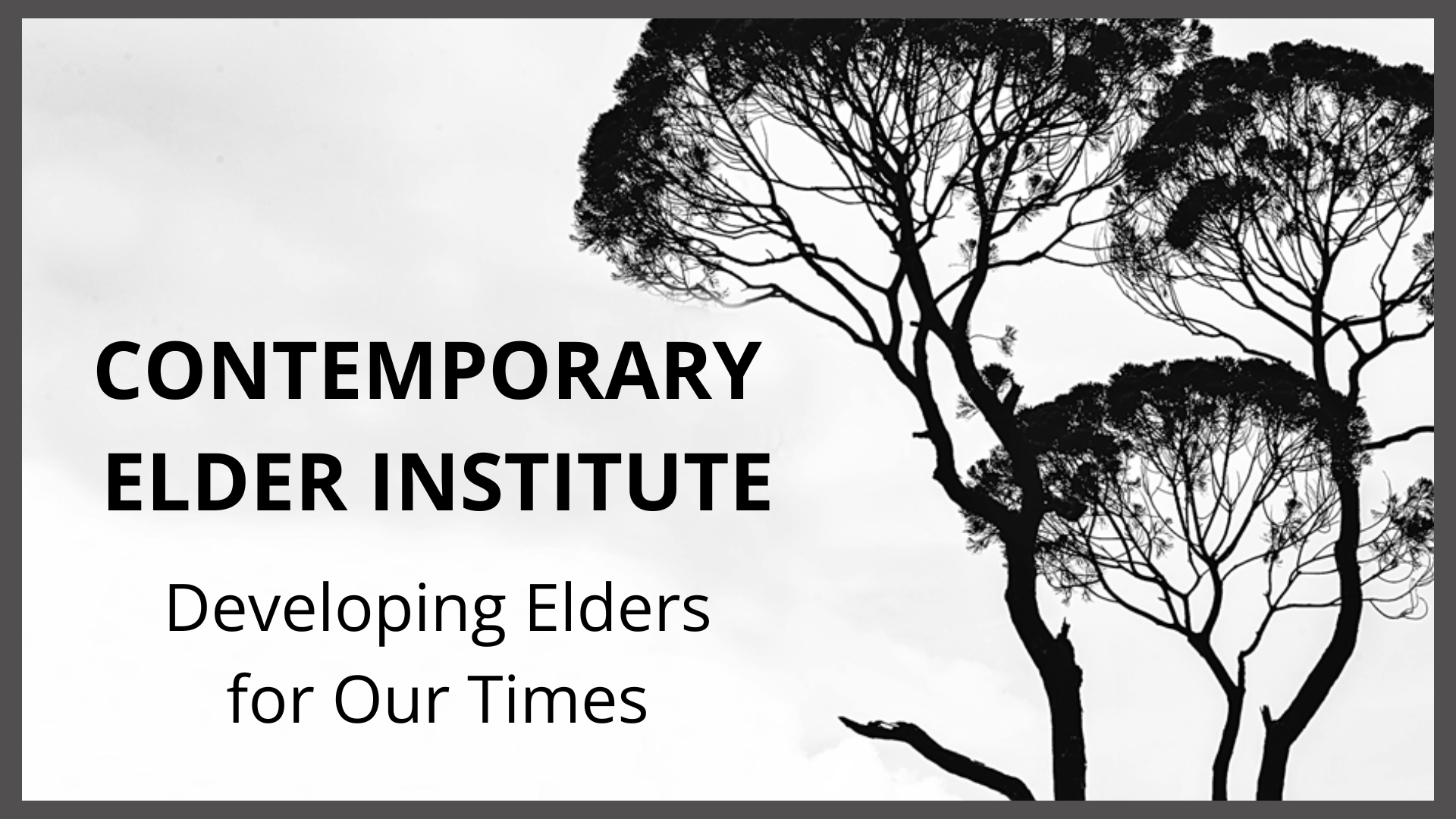YOUR BUSINESS CULTURE and AGING
YOUR BUSINESS CULTURE and AGING

CULTURE CHECK
Let's take a quick cultural assessment.
Rate your culture's attitudes toward your late-age departing executives, directors, or healthcare providers—professionals on the last leg of their career journey.
On a scale of 1 to 10, regarding your company's culture, how does the culture 'hold' departing late-age executives, directors, or providers?
1.As an asset or liability?
☐1 ☐2 ☐3 ☐4 ☐5 ☐6 ☐7 ☐8 ☐9 ☐10
Liability___________________Asset
2.As value-added or time wasted?
☐1 ☐2 ☐3 ☐4 ☐5 ☐6 ☐7 ☐8 ☐9 ☐10
Time Wasted_______________Value Added
3.As an accelerator or retardant?
☐1 ☐2 ☐3 ☐4 ☐5 ☐6 ☐7 ☐8 ☐9 ☐10
Retardant_________________Accelerator
4.As "go-to's" or "get-away-from's?"
☐1 ☐2 ☐3 ☐4 ☐5 ☐6 ☐7 ☐8 ☐9 ☐10
Get-Away-From_____________Go-To
5.Access to vital knowledge or unnecessary chatter?
☐1 ☐2 ☐3 ☐4 ☐5 ☐6 ☐7 ☐8 ☐9 ☐10
Unnecessary Chatter__________Accessible Knowledge
6.As being on the same page or a different book?
☐1 ☐2 ☐3 ☐4 ☐5 ☐6 ☐7 ☐8 ☐9 ☐10
Different Book_______________Same Page
7.As energy-augmenting or energy-draining?
☐1 ☐2 ☐3 ☐4 ☐5 ☐6 ☐7 ☐8 ☐9 ☐10
Energy Draining______________Energy Augmenting
8.As career-boosting or career-interfering?
☐1 ☐2 ☐3 ☐4 ☐5 ☐6 ☐7 ☐8 ☐9 ☐10
Career-Interfering____________Career-Boosting
9.As stalling or encouraging financial advancement?
☐1 ☐2 ☐3 ☐4 ☐5 ☐6 ☐7 ☐8 ☐9 ☐10
Stalling___________________Encouraging
10. As a benefit or an impediment to the future?
☐1 ☐2 ☐3 ☐4 ☐5 ☐6 ☐7 ☐8 ☐9 ☐10
Impediment________________Benefit
Your score is your culture's inherent and unexamined attitudes and corresponding behaviors with senior executives and healthcare providers completing their careers with your company.
If your total score is in the 50’s or below, your exiting senior professionals most likely feel ostracized, discounted, unworthy, and useless. In this culture, their value is wiped out.
A PRIMARY MANIFESTATION OF CULTURAL IMPACT
A frequent corporate complaint concerns the friction and distance between generations – between the Generation Xers and Generation Zers, and the Boomers along with the few Matures remaining.
This generational division distracts and inhibits vital areas of business performance, yet this division remains unresolved. Moreover, this generational gap continues to widen as technological advances accelerate and become more vital and complex.
In a divisional culture, this gap is expressed in finger-pointing, complaining, gossiping, opining, whining, assessing, avoiding, and judging, which becomes cemented in the culture's lexicon and behaviors. A cultural vocabulary that incites separateness and promotes disdain. A vocabulary that communicates unworthiness and valuelessness to those about to exit.
THE LOSS
My corporate engagement, "The Myths of Retirement," has specific intentions. One is to have the company become highly conscious of its culture's unrecognized influence on departing late-age personnel. A cultural influence that is most often life-extracting rather than life-giving.
The realization is when senior executives, directors, and healthcare providers walk out the door, their accumulated knowledge, that on-the-court experience, that higher wisdom is lost. The stuff that doesn’t live in the data disappears.
Another intention is to raise awareness among the company's departing senior executives, managers, and healthcare providers of the inescapable effects of completing their professional careers and the unavoidable issues of late aging.
Our particular approach is to facilitate the company to develop an "outboarding" program for their departing professionals. To create the channels, strategies, and structures for these departing seniors to stream their knowledge, experience, and wisdom back into the company.
And at the same time, an outboarding program can provide an authentic purpose for those on the exit track. Our findings and many studies report a true purpose is quintessential for successful aging. Today, when seniors leave, their driving purpose, which has been guiding them for years, poof, is gone.
THE LOST OPPORTUNITY
When late-age executives and directors leave, a significant resource leaves the building. Accumulated knowledge, proven experience, and higher wisdom walk out the door. Is there opportunity lost here?
Similarly, are unforeseen losses for those who leave. When late agers depart, they are woefully unprepared for what to expect after that first year or two, when the retirement "holiday" period has been exhausted. That's when it really sets in.
At the end of the holiday period of retirement, seniors intensely experience the loss of routine, loss of relationships, loss of purpose, loss of power, and alienation, commonly ending in deep resignation.
These experiences generally cause depression and despondency - with an increased risk of incidence and severity of chronic diseases. Preparedness for late-life would have definitely helped.
When appropriately developed, the opportunity exists for late-age departing personnel to return their knowledge, experience, and wisdom to the company. In my experience, for departing professionals to contribute back into the company, requires training, development and experiential learning to fulfill a new role and identity—that of being an elder.
The Contemporary Elder Institute
